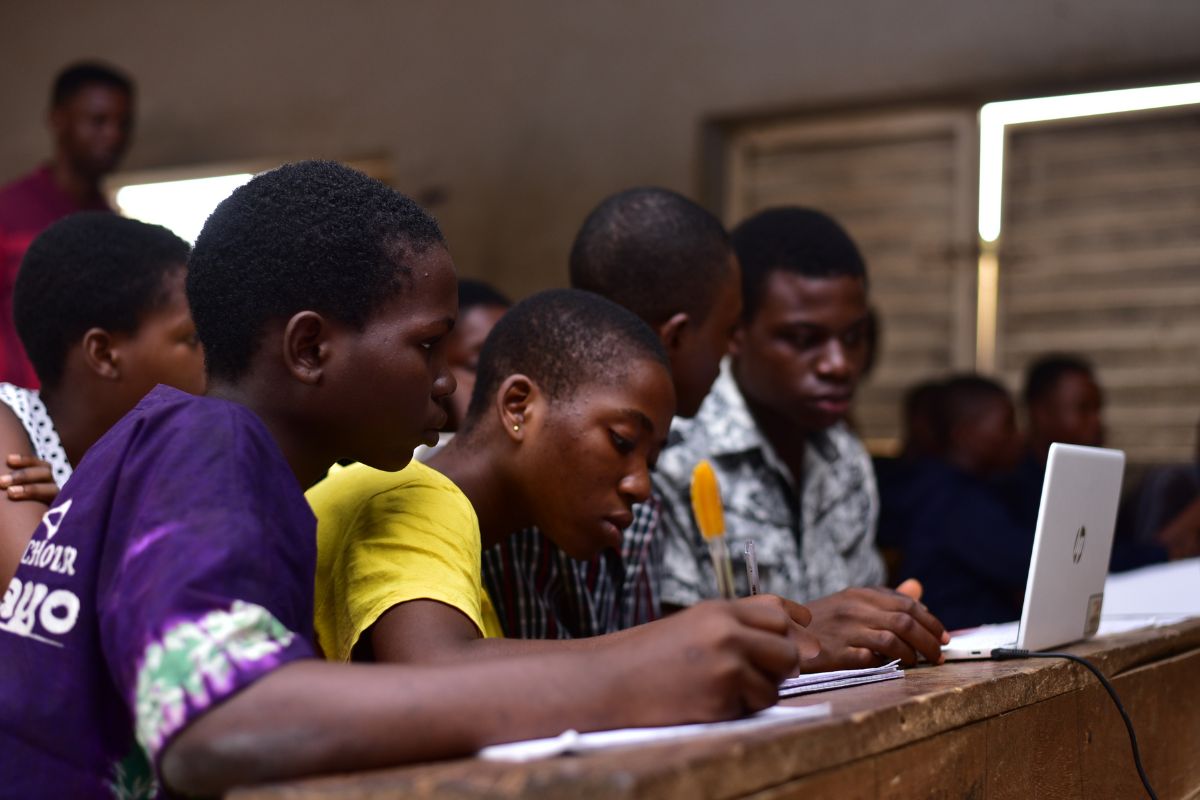
The Importance of Girls’ Education
Despite progress, girls’ education is still overlooked in many parts of the world, often due to cultural beliefs and stereotypes, like the idea that a woman’s place is in the kitchen. However, education is a powerful tool for improving public health, reducing poverty, and building a more literate society. Educating girls isn’t just about allowing them to learn, it’s about empowering them to be the change-makers in their communities.
So, why is girls’ education so crucial? Let’s break it down;
One of the most significant benefits is improved public health. Educated girls are more likely to delay marriage and childbirth, which leads to better health outcomes for both themselves and their children. They are also more likely to seek preventative healthcare and engage in healthier behaviours.
Education also increases a girl’s earning potential. For every additional year of schooling, a girl’s future earnings can rise by up to 20%. This boost in income helps improve not just the girl’s life, but also her family’s economic situation. As more girls are educated, entire communities can experience a cycle of economic improvement and development.
Furthermore, girls’ education has a direct impact on literacy rates. When girls go to school, their literacy skills improve, which has lasting benefits for them and their future children. High literacy rates are crucial for economic development, better health outcomes, and reducing poverty.
Unfortunately, many barriers still prevent girls from accessing education, many of which stem from gender inequality. Girls often face pressure to take on household responsibilities at an early age, or they may be forced into child marriage or violence, all of which limit their education opportunities. Addressing these challenges and empowering girls to make their own decisions is essential for creating a more equitable world.
In short, prioritizing girls’ education is vital—not just for the girls themselves, but for the wider community. When girls are educated, the impact goes far beyond the classroom, contributing to healthier families, stronger economies, and a brighter future for all.
By Deborah Ajayi
Author
Dolly Children Foundation
We are inspiring the African child to adopt 21st – century skills through education, capacity building and advocacy programmes.



